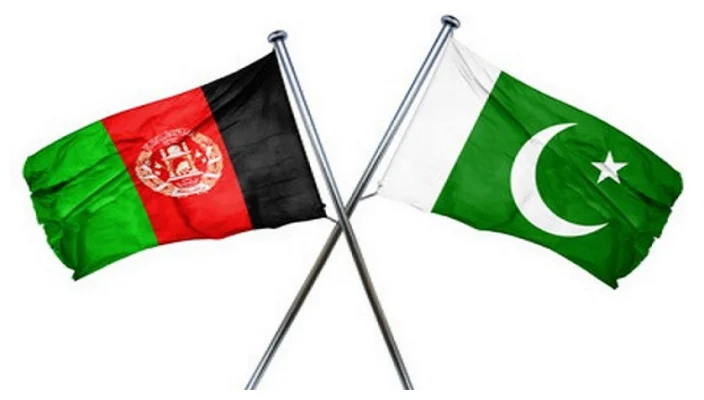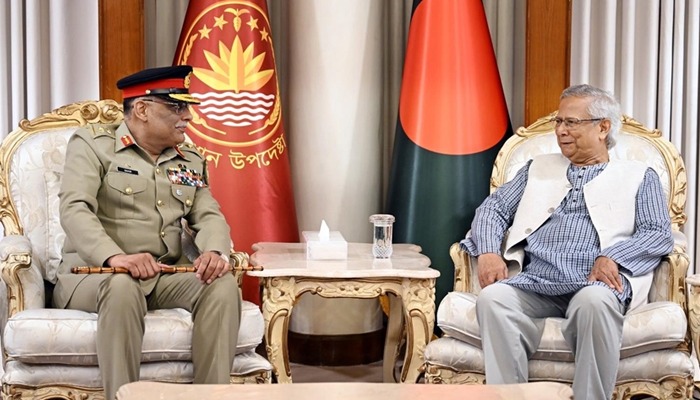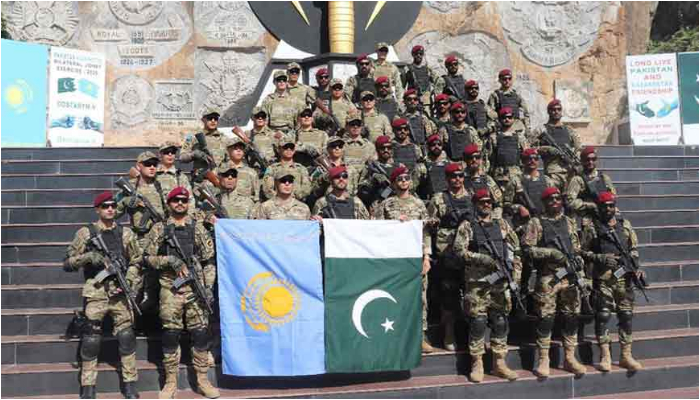KARACHI: There was a time when education was not just about going to school and getting a degree; it was about widening knowledge, expanding your horizons and learning much-needed skills of the time.
However, over the past few years, the mindset has changed drastically and today, the youth are being judged by their grade point average (GPA) instead of knowledge acquisition and skillset.
For them, no qualifying marks mean no admission in reputed professional colleges, no reputation in society, in short no identity. This development in recent years resulted in radical change in the meaning of education as a whole. Now it’s all about producing degree holders with high marks and not genuinely educated ones.
Therefore, thinking skills are not being developed among the students. Since they are taught to score marks only, the teachers in coaching centres ask their students to ‘learn by heart’ the selected notes given to them.
These notes are prepared with the help of solved question papers of past examinations. The teachers in the coaching centres prepare, what they call guess papers and the students are asked to learn by heart only those answers to the questions in the guess papers given to them in the form of notes.
With the passage of time, the teachers have become so experienced and smart, that their guesses always prove to be correct to a great extent.
With this paradigm shift, our education sector has witnessed the growth of a parallel education system within itself, obviously because of a lack of quality education in our schools.
This system, known as coaching, has become an integral part of the life of our students, irrespective of their academic backgrounds.
Although initially coaching centres were started to help only those students who lagged behind their other classmates, today, enrolling students in coaching centres has become a very common practice.
It has become a new reality that coaching ensures ‘A’ grades for the children who can afford big coaching brands with a proven track record of correct guess papers.
This has resulted in complete change in the method of imparting knowledge for teachers in coaching centres. They are no more worried about completing their courses on time; they just want their students to memorise the ‘tailor-made’ notes prepared by them without understanding.
For most students passing with high marks has become the most important task. The race for high marks sometimes even allegedly compels coaching centres to get involved in the tampering of results in connivance with the board officials.
In 2016, the anti-corruption department officials raided the Board of Intermediate Education Karachi over result tampering and confiscated 700 examination copies from the board office. The officials claimed that irrefutable evidence of tampering in results was found.
Business of education
So, the coaching centres are allegedly more about doing business than imparting genuine education. They create attractive advertisements with photographs of toppers, promising new students a very high grade in the examination.
While passing through the main boulevards in the metropolis, one can see the billboards of various coaching centres. Parents also encourage the students to join a coaching institute because they have no trust even in private schools. As such coaching institutes are booming because of the blind faith of students as well as parents.
Karachi’s rapidly expanding unregulated business of tuition, according to a rough estimate, has now grown into a multimillion-rupee industry — yet it is still untaxed, unaccounted and unexplained.
A sharp fall in the quality of education in schools, cut-throat competition for admission in better colleges and quest for better grades has compelled many of Karachi’s parents to look for extra coaching classes for their children. As a result, tuition centres have mushroomed in every nook and corner of the city.
Moreover, previously only secondary school students were being sent to coaching centres but nowadays, to get their children in good schools, parents send even their young kids for extra coaching.
For them, getting their children into a good school means ensuring a better future for them. So, parents do not want to take any chances. And as such, extra coaching outside school is now essential even for children attending good private schools.
Interestingly enough, a number of coaching centres for those appearing for Central Superior Services examination have also been opened in Karachi, mostly being run by retired civil servants.
But then it is also true that the tutors hired in most of the tuition centres are much better than those teaching even in upscale schools.
It is so because due to aggressive competition amongst local coaching centres they have started using a tough hiring policy for teachers involving interviews and sample teaching lessons as part of recruitment. This is followed up with regular evaluations of the teachers and course material where students are encouraged to give feedback. Since these things do not happen in most schools, the quality of coaching is much better than in many city schools.
Demands of the market
A survey revealed that teachers teach better at tuition centres because that is their ‘market’. If they do not do a good job, they are destroying their own market. Some parents also feel that teachers deliberately do not deliver their best at school in order to create a demand for their tutorial services.
Parents say mediocre teachers miraculously become good teachers if you go to them for tuition; it doesn’t take a genius to put two and two together.
This phenomenon resulted in the emergence of coaching centres as one of the most lucrative business ventures in the country. The profit margin in the tuition industry is simply humongous and cannot be compared with any regulated industry in the country because minimal investment is required. The demand is enormous and above all, there is no taxation.
In short, this business is a free-for-all.
Dr Kaiser Bengali, an economist, estimated in 2014 that some tutors earn as much as Rs1 million per month and pay no income tax on that amount; while a more recent independent survey estimates top tuition centres earn about Rs10m a month and teachers Rs2m by teaching in various coaching centres.
As we know, branding is one of the most important aspects of any business, large or small, retail or B2B. An effective brand strategy gives you a major edge in increasingly competitive markets.
So the coaching centres have also adopted an effective branding strategy. There are a number of big brands specialising in various science subjects and a number of professional qualifying examinations in the city. The mushrooming growth of coaching centres is not a problem in Pakistan only. Coaching centres are a growing industry in India and Bangladesh as well.
In India, all a coaching centre running as an institution requires is a trade licence and payment of tax in accordance with the revenue it generates. If the income exceeds Rs900,000 per annum, it reportedly is mandatory for them to register the business and pay service tax accordingly. In Bangladesh, the education act of 2016 was to ban coaching centres and private tuitions. Earlier the government issued ‘policy 2012’ to curb the growth of coaching as an industry.
However, teachers are allowed to provide at-home services to about 10 students who do not belong to the school of the tutor and that too only after both the teacher’s and the students’ school agree to it.
Academics believe that similarly in Pakistan, the ministry of education must set a criteria for opening tuition centres. In this regard the ministry can appoint a committee to monitor the fee structure of tuition centres and FBR can hammer out a taxation policy accordingly. The ministry of education must prepare proper rules and regulations to monitor their activities and also to bring them under the tax net. Coaching centres which are providing coaching without following any government rules are not only minting money, they are also involved in a number of malpractices.
There is an urgent need to regulate these centres and bring them under the tax net. For in the past, there have been reports of the involvement of private coaching centres in organised cheating across the country where the centres allegedly charged heavy fees to promote cheating by leaking examination papers before the examinations.
To deal with this major problem, and national cause, it should be the responsibility of the government to improve the standard of schools and colleges, curriculum, teachers, teaching methods and teaching aids through radical reforms.



















